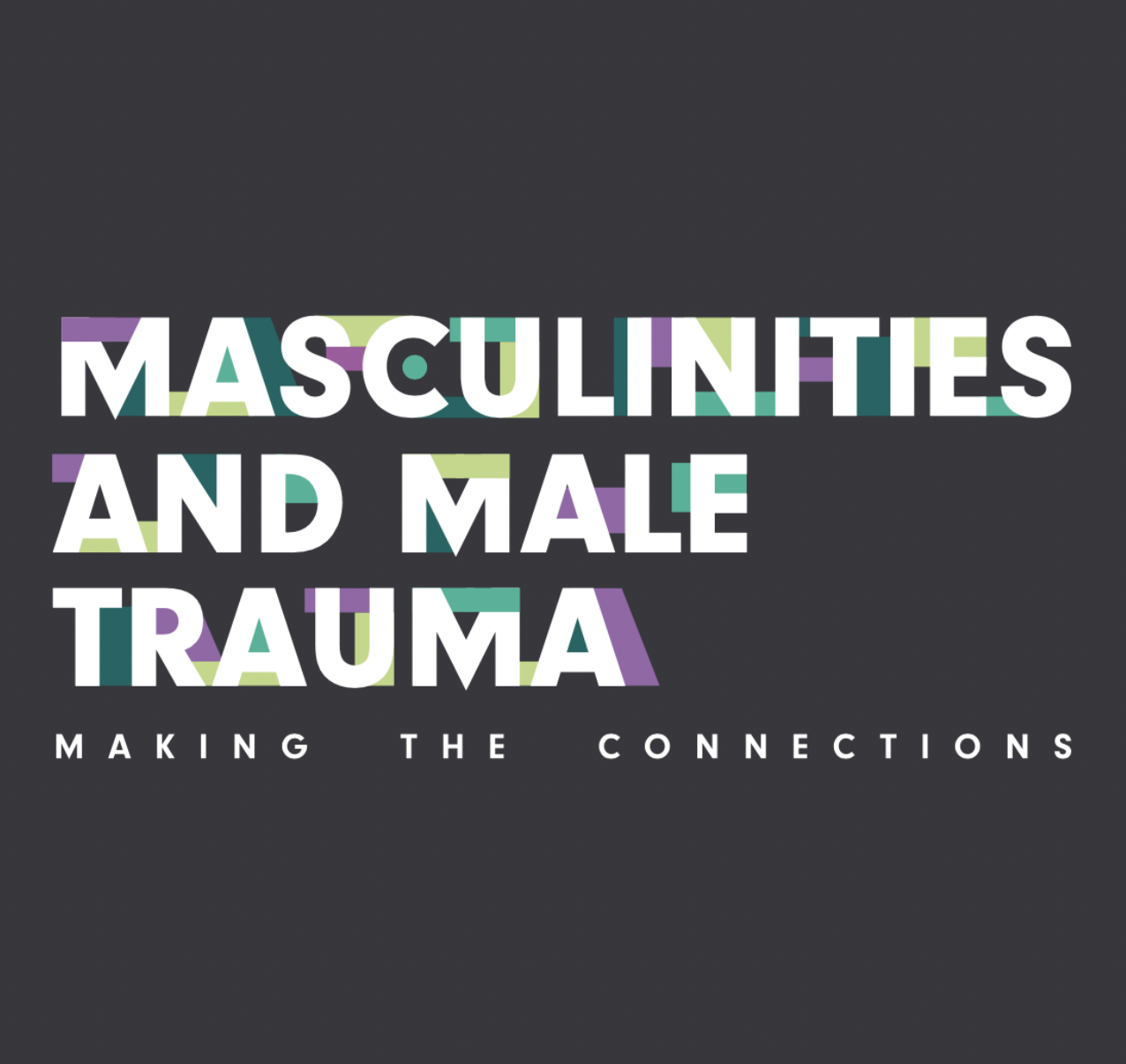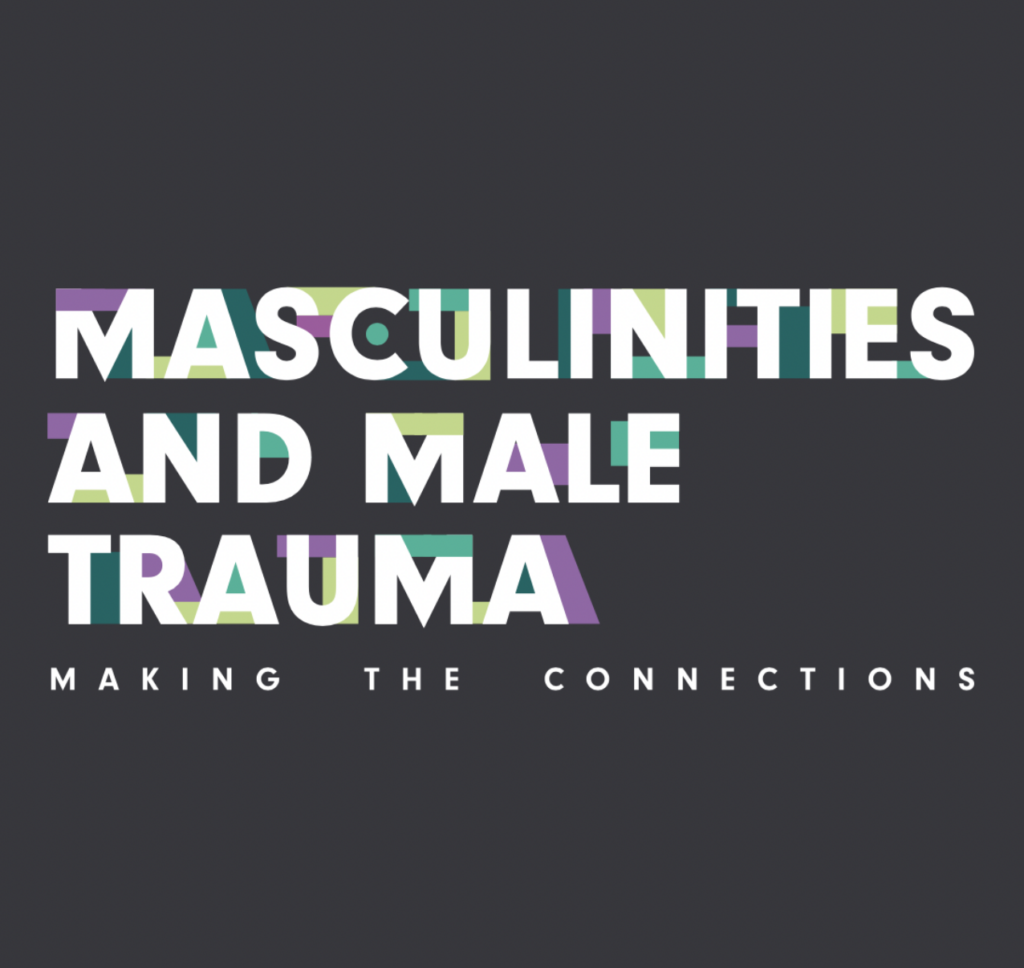Apart from what it means in their own lives, men’s exposure to violence, trauma and adversity are key risk factors for men’s self-inflicted harm and their use of violence against others. Equimundo’s new report, Making the Connections: Masculinities and Male Trauma, highlights the role masculinities play in boys and men’s ability to cope with their impact. The report also details the effects rigid masculine norms have on informal and formal support systems for mental health and well-being among boys and men, with implications for women, girls, and all of us. Through its Making the Connections series, Equimundo examines how gender norms, power dynamics, and attitudes around manhood influence boys and men with implications for the well-being of all. This latest in the series looks at the gendered components of trauma in the lives of men and boys.
The report discusses three common types of adversities that can cause the trauma for boys and men: (1) assault and abuse; (2) war and other violence in public spaces; and (3) racism, ethnic discrimination, and oppression. Although not an exhaustive list, these examples highlight the ubiquity of trauma in the lives of boys and men across the life course and across diverse cultural and geographic settings. For each of the categories, the authors take a deep dive into the connections between masculine norms at an individual behavior level, as well as at a societal level.
Idealized notions of heroism, physical strength, emotional stoicism, and superiority over others are integral to how men and boys see themselves in times of adversity. These social scripts create vulnerabilities to resilience in dealing with negative emotions and challenges.
The general population is familiar with the term, ‘toxic masculinity,’ which is not a scientific term but a shorthand insult for dysfunctional male behavior. However, they are unfamiliar with the reasons for such behavior. If as a society we are sage and courageous enough to look ‘under the hood’ of dysfunctional masculine behaviors, we will see that they are fed by the traumas of abuse, neglect, institutional racism, and norms and structures that are outdated and dangerous.
— Dr. Warren Spielberg, Co-author
This issue is even more urgent as we look at various areas of the world currently facing conflict, including Yemen, Ethiopia, and Ukraine, all places where we see unaddressed trauma that requires urgent attention.
The collective trauma and grief boys and men experience exacerbates their use of violence and is a major driver of war and conflict worldwide. We must address male trauma as a multidisciplinary issue that involves [mental] health of individual boys and men, families, communities.
—Henny Slegh, Co-author
Individual men’s and boys’ experiences of trauma are not excuses for any individual’s subsequent use of violence. Rather, understanding trauma as a root of men’s violence highlights the urgent need for action grounded in a nuanced understanding of how to prevent the re-transmission of violence. The report outlines recommendations for a variety of relevant stakeholders – researchers, healthcare professionals, policymakers, and public health organizations – on how to better equip boys and men with the tools and resources to adequately cope with adversity and trauma in nonviolent ways. This means putting in place mental health support structures and policies that are gendered to fit the diverse needs of boys and men.
In sum, we must continue to challenge antiquated models of hegemonic masculinity and allow boys and men to live safe, protected, and prosperous lives. Ultimately, recognizing expressions of traumatic experiences by men and boys – alongside people of other gender identities – is crucial for health, peace, and equality for all. To learn more about the connections between masculinities and male trauma, and what actions are necessary to address this issue, read the full report here.

